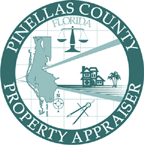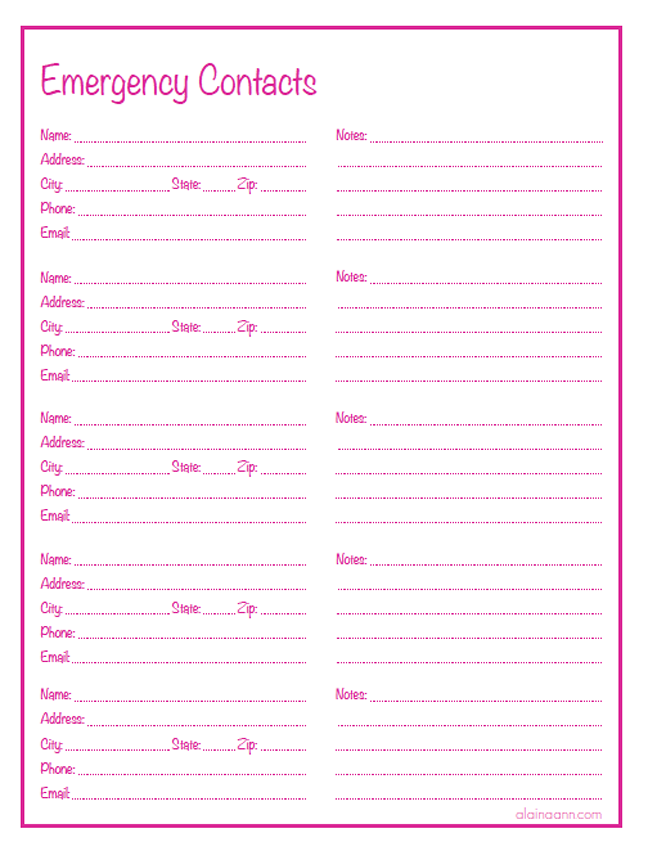Act Today to Support Tax Relief for Association Assessments
On March 3, 2016, California Representatives Eshoo and Thompson introduced the Helping Our Middle-Income Earners Act, H. R. 4696, a bill that would allow homeowners in community associations – condominiums, housing cooperatives and homeowners associations – who earn $115,000 or less in annual income, to deduct up to $5,000 of their association fees and assessments from their federal tax liability.
The bill recognizes the financial inequity facing homeowners in a community association as they pay property taxes and community assessments but receive many municipal services from their community association not the municipality. The Act would lighten the financial burden of homeowners and make homeownership more affordable and attainable for more families.
To contact your Representative to urge him or her to support the Act, click here.


